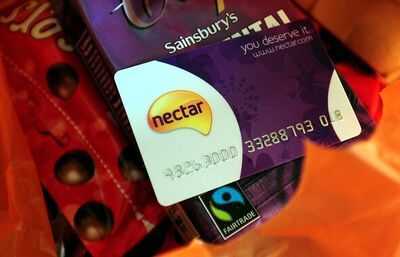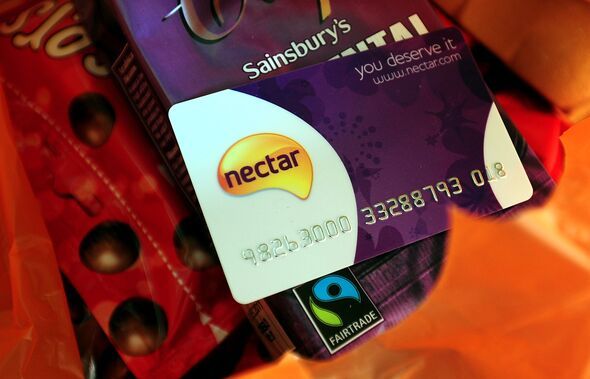

Shoppers who use a Sainsbury's Nectar Card are paying an average of £869.96 more per year for their weekly shops than Aldi shoppers, based on the latest Which? supermarket comparison figures.
The consumer magazine each month compares a typical basket of goods to track the price differential between major supermarkets , Lidl, , , , and Waitrose. For Tesco and Sainsbury's, Which? also tracks the price difference between those who use a loyalty card like Nectar Card or Clubcard - and therefore save money on special card prices - and those who shop without them, compared against the cheapest supermarket, which again for March 2025 was Aldi.
For a basket of 79 staple goods, a customer would pay £133.73 in . For the same basket of equivalent items in Sainsbury's, a shopper forks out £150.46 if they have a Nectar Card, or £159.24 if they don't, according to Which?'s figures.
That makes a difference of £16.73 each week between Aldi and Nectar shoppers. If the price gap was maintained for a year of weekly shops, Sainsbury's shoppers with Nectar Cards would pay £869.96 more than Aldi customers for the same items.
Lidl was the second-cheapest retailer, at just 67p more than Aldi, with £134.40 for its basket of goods if you use the Lidl Plus app, but £134.43 if you don't.
Next cheapest was Tesco at £146.79 if you have a Clubcard - still £679.12 more than Aldi over a year of weekly shops at the same price difference - then Asda at £147.09.
Waitrose was unsurprisingly the most expensive at £176.41 for the same goods.
Reena Sewraz, Which? Retail Editor, said: "Aldi has once again been crowned as the UK's cheapest supermarket in our monthly price analysis, however, Lidl has narrowed the gap with its rival. It was also a strong month for Asda, as it continues to be the cheapest supermarket for a bigger list of groceries.
"Shoppers are still feeling the effects of food inflation and with prices forecast to rise again, people are likely looking to cut costs where they can. Our analysis shows that by switching supermarkets, shoppers could pay 24% less, highlighting the advantages of shopping around where possible."